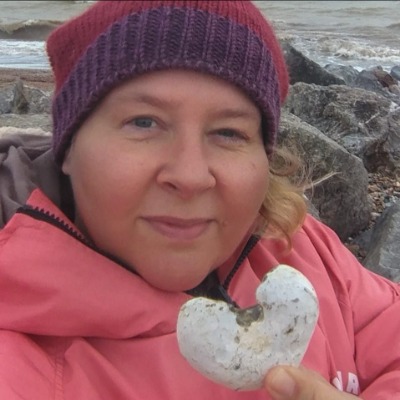Activity
Mon
Wed
Fri
Sun
Feb
Mar
Apr
May
Jun
Jul
Aug
Sep
Oct
Nov
Dec
Jan
What is this?
Less
More
Memberships
Facilitator Club (Free)
9.7k members • Free
Contributions

@eva-maria-maywald-7953
I'm currently the head of marketing at a publisher of early childhood education. But I'm a facilitator at heart. I just didn't know it was a thing.
Active 180d ago
Joined Feb 20, 2023
ISFP
UK and Germany
Powered by